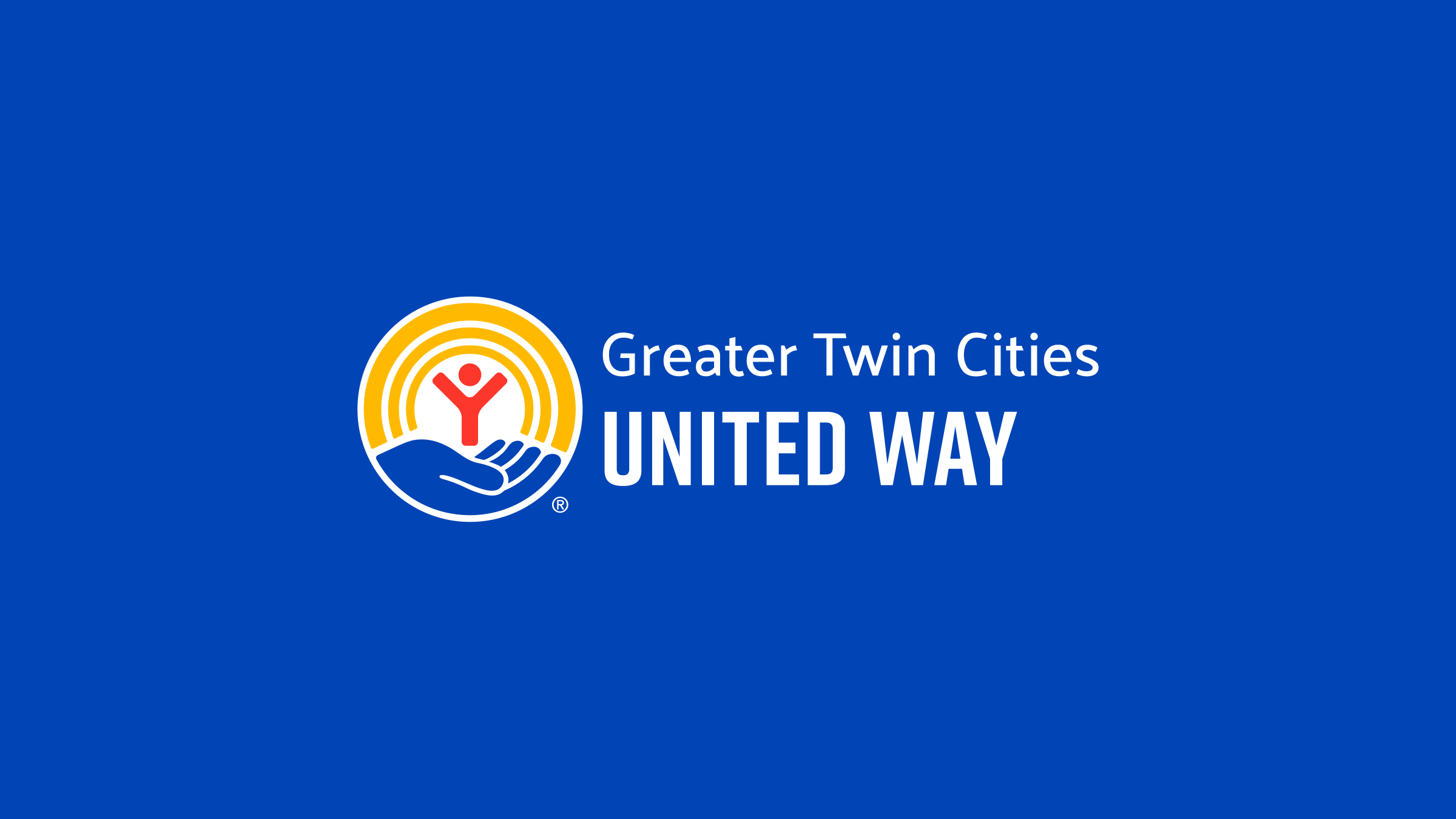
Greater Twin Cities United Way’s Community Connection Series brings together nonprofit partners, donors and stakeholders to share learnings and new ideas and discuss topics that are critical to helping our community thrive, including access to stable housing, healthy food, a strong education and wealth-building jobs.
Food insecurity, or hunger, is a serious challenge facing our community: Minnesota food shelf visits have doubled over the last five years, and at any given time, one in 11 people are hungry – one in eight are children. Food insecurity can look like skipping meals, buying cheap non-nutritious food, and/or parents feeding their children but not themselves. People of color, children and seniors are disproportionately affected.
Food insecurity is the result of stagnating wages and rising food costs, but it’s also caused by a series of historical events, racist policies and related traumas. Additionally, increasing threats to food benefits like SNAP affect people’s ability to access healthy, culturally-relevant food.
At United Way, we’re thinking differently about how to tackle food insecurity in our community to ensure everyone has access to an affordable, high-quality food system. We support 20 local nonprofit organizations working on food security in our region, linking food assistance to additional support for a holistic response. Recently, we hosted leaders from two of partners, Division of Indian Work and Frogtown Neighborhood Association, for a Community Connection Series discussion on the challenges in our food system and how United Way and our partners are making small shifts to transform them.
Louise Matson is a member of the White Earth Band of Ojibwe and executive director of the Division of Indian Work (DIW), a nonprofit that empowers urban American Indians in the Twin Cities and Greater Minnesota. One of DIW’s oldest programs is its food shelf, which opened in 1952 and offers culturally-specific foods.
Income disparities, high cost of housing and cuts to food support systems, particularly SNAP, often cause people to compromise their everyday budgets, forcing many to make difficult decisions. “It’s shameful that we in our country are going to make people prove that they deserve food,” said Louise in response to proposed changes to SNAP benefits.
For those surviving on low wages, food is often the first item to be cut when trying to save money. “There’s not a lot of wiggle room for people,” said Louise. “They will cut back on food, rely more on food shelves. It’s like a house of cards, several things are balancing in place when you have a limited income: your housing, vehicle, food. And when one thing goes or diminishes, everything else is impacted, and it could lead to greater impacts across all securities.”
Tia Williams is co-director of the Frogtown Neighborhood Association (FNA), which serves the East Midway, Frogtown, Capitol Heights and Mt. Airy neighborhoods of St. Paul and supports many community programs, including Frogtown Farm and Feeding Frogtown, a weekly food distribution program.
Lack of access to livable wages also impacts people’s ability to be food secure. Once individuals obtain better-paying jobs, Tia explained, they fall into “the gap” and often lose access to other supports, forcing them to still make difficult decisions regarding their budget and food.
Historical trauma refers to the complex and collective trauma experienced over time and across generations by people who share a common identity, affiliation or circumstance. Both FNA and DIW use food to help address historical trauma in their communities, by offering culturally-responsive services and culturally-specific food in their food shelves.
Historical trauma and food security are intricately linked, and it can be seen in ways people stretch food to make it last longer or keep food for long periods of time. “People live out of survival. And that’s trauma,” said Tia. FNA works with the community, including many New Americans whom are refugees from developing countries where war, conflict and famine were everyday experiences, to create space for folks where their historical traumas are acknowledged and inform FNA strategies and best practices. The space where food is distributed feels welcome and safe, and people become more food secure, share new recipes with one another and learn how to can and store food.
Many Native Americans living in the Twin Cities have never lived on their home reservations or were gradually disconnected from their native roots, tradition and land; and thus, lost connection from culturally-relevant foods, plants and medicines. Traditional Native foods like venison, wild rice and walleye are difficult to find in urban areas, and when available, are very expensive. This disconnect has contributed to less healthy food choices and increased rates of obesity and other health challenges for Native communities.
“Food is medicine. But we’re going to eat what’s accessible, what’s affordable,” said Louise. DIW has a number of programs and initiatives for youth, families and elders to help address these challenges and provide local Native communities access to healthier, culturally-relevant foods.